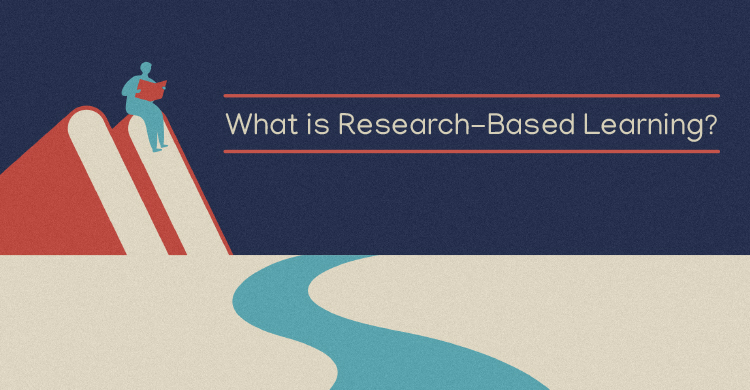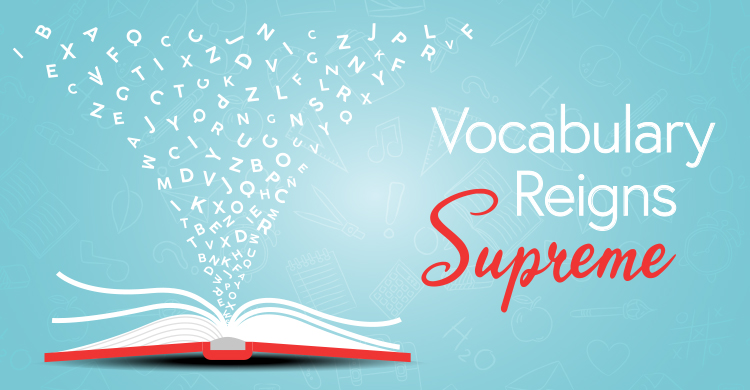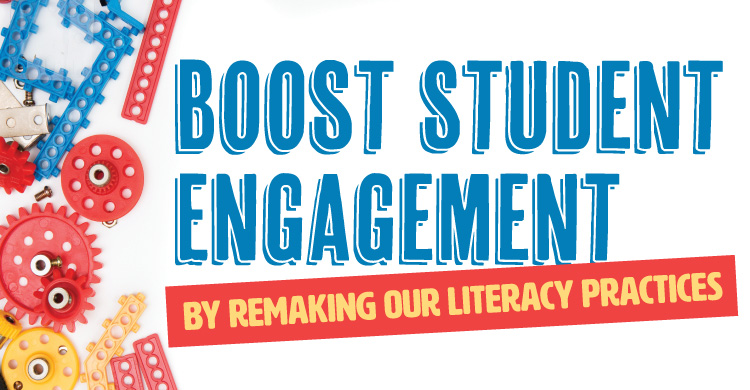Spotlight! Educators Love This Author’s Expert Literacy Tips
Karen Gazith, PhD, is a faculty lecturer in the Department of Educational and Counselling Psychology
Read More

Karen Gazith, PhD, is a faculty lecturer in the Department of Educational and Counselling Psychology
Read More
“Give a person a fish and he will eat for a day; teach a
Read More
Based on Literacy Reframed “After we learn the mechanics of reading early on, through phonics
Read More
Based on Literacy Reframed Listen, and you will hear, the sounds of literacy ringing in
Read More
Based on Remaking Literacy: Innovative Instructional Strategies for Maker Learning At the end of a
Read More